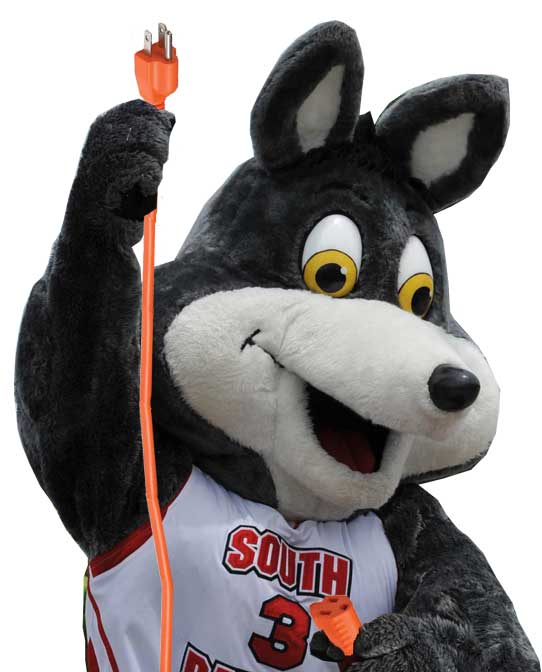
Oops!
We can’t find the page you requested at that location.
We may have what you are looking for, so please use the website search to find the page on the new website!

We can’t find the page you requested at that location.
We may have what you are looking for, so please use the website search to find the page on the new website!